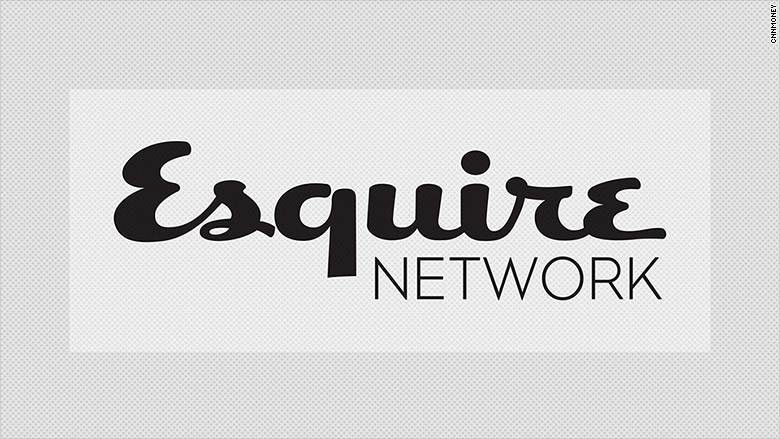
Esquire Network's demise isn't a loss that's going to be acutely felt by many viewers, which helps explain why parent NBC Universal opted to shut down the channel. But it speaks to a larger trend within the TV ecosystem, which is under intense economic pressure amid new and less expensive programming options.
Esquire is just the latest niche-oriented network to succumb to these thinning-the-herd forces, tied in part to cable cord-cutting as consumers find alternative means of accessing programming. As Variety noted, it follows Pivot, with Participant Media announcing it would close down that channel in August.
The fate of these smaller networks should raise alarms among other channels that have been skating by on having their tenuous place in cable lineups secured by the strength of larger sister channels.
For years, studios were able to sell ever-growing and more narrowly pitched packages of channels as they negotiated with cable and satellite operators. That meant filling up program guides with more choices, each of which added incrementally to the monthly subscription price, even if most viewers only watched a relatively small number of the outlets they received.
Increasingly, though, services like Netflix have taken their toll. Instead of viewers being expected to gravitate by default to certain channels, they could find specific shows that appealed to them without needing something like the name "Esquire" to guide them there.
As a consequence, executives from FX CEO John Landgraf to NBC Universal chief Steve Burke have been warning of a shakeout involving "weaker channels," as Burke put it at a conference last summer.
Related: Jerry Seinfeld's 'Comedians in Cars Getting Coffee' is heading to Netflix
This environment is one reason why networks have invested so heavily in scripted programming, hoping to find franchises that will make them indispensible to viewers. When a channel like AMC goes in to renegotiate distribution deals, it helps enormously to be able to threaten operators with the cries they'll hear from subscribers if they are suddenly deprived access to "The Walking Dead" or "Better Call Saul."
Such hits, however, are elusive. And operators have become more sensitive about paying for channels that add to their monthly bill without delivering much value to consumers.
By that measure, Esquire always seemed to be a somewhat flawed concept, presenting lifestyle shows aimed at men. The original lineup included a battling-chefs concept titled "Knife Fight" and "White Collar Brawlers," a rather disturbing "Fight Club"-like conceit in which office mates train to box against each other.
While Esquire's publisher, Hearst, was understandably enthusiastic about the partnership -- enhancing its brand through another revenue stream -- the underlying rationale appeared questionable in light of the target audience's viewing habits, and the host of options already available.
In a statement, NBC Universal cited the channel's growth but acknowledged, "Men today consume content on a variety of platforms and it is essential that we follow our viewers."
The more fundamental problem for channels like Esquire, Pivot and others that could be at risk is that not enough viewers are willing to follow them. Increasingly, it's hard to justify cable networks that, for too many subscribers, don't do much more than take up space.


